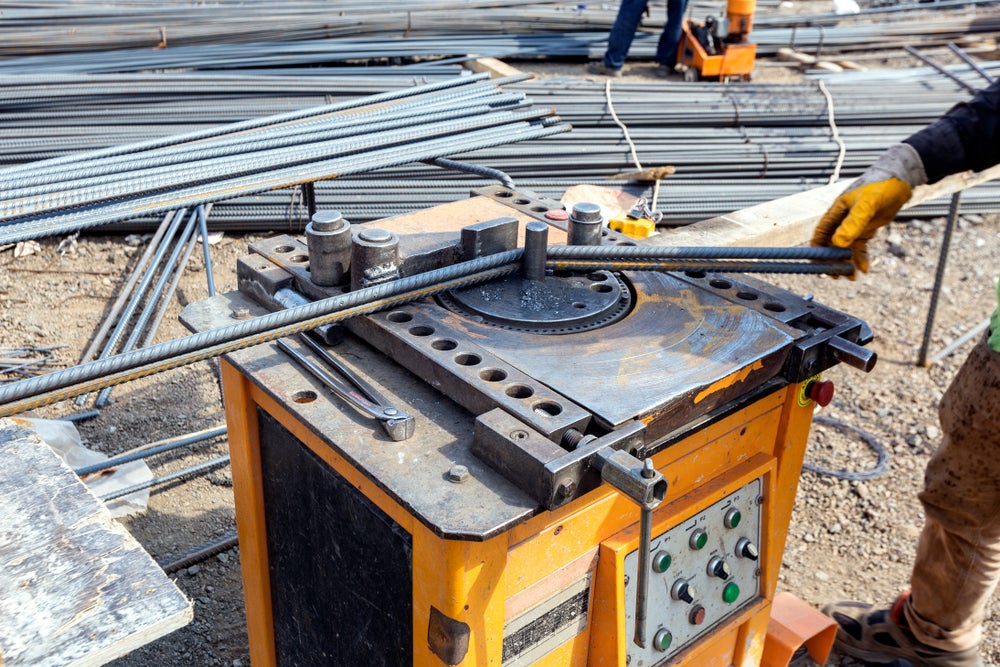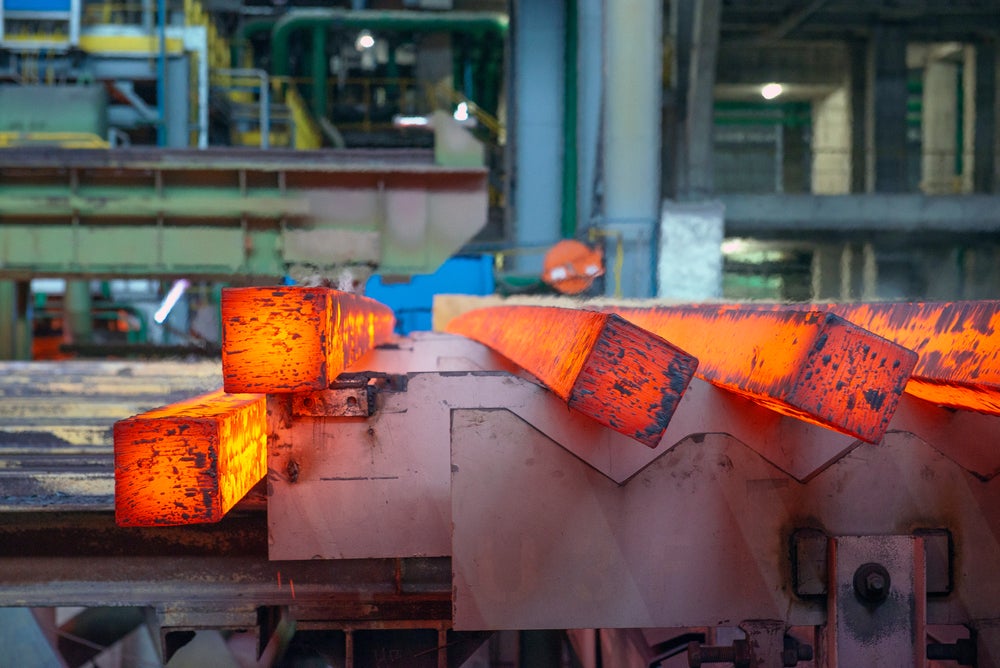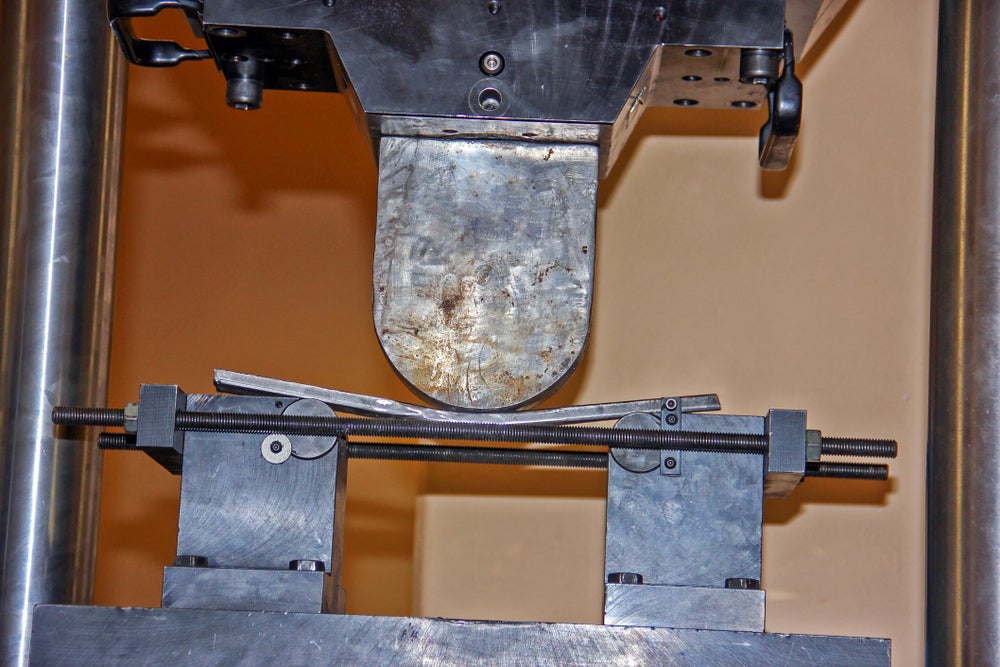![]() This learning track covers a comprehensive understanding of stress calculation in components, stress transformation, strain tensor, properties of isotropic, anisotropic, and orthotropic materials, torsion in non-circular shafts, theories of failures, principles and theorems of elasticity and thermal stress, unsymmetric bending and plate deformation, and stresses in thin shells. For instance, learners will understand how to calculate the strain at a point where the displacements are given in millimeters, the transformation of stresses from one system of coordinates to another, the relationship between elastic constants, the distribution of stresses when non-circular shafts undergo twist, the conditions that initiate the failure of a material, the application of the Uniqueness theorem, Principle of Superposition, Method of Virtual Work, and Minimum Potential Energy Principle, the calculation of stress in a plate that is simply supported at the edges and subjected to uniformly distributed pressure loading, and the stress calculations in cylindrical, spherical, conical, or toroidal shells.
This learning track covers a comprehensive understanding of stress calculation in components, stress transformation, strain tensor, properties of isotropic, anisotropic, and orthotropic materials, torsion in non-circular shafts, theories of failures, principles and theorems of elasticity and thermal stress, unsymmetric bending and plate deformation, and stresses in thin shells. For instance, learners will understand how to calculate the strain at a point where the displacements are given in millimeters, the transformation of stresses from one system of coordinates to another, the relationship between elastic constants, the distribution of stresses when non-circular shafts undergo twist, the conditions that initiate the failure of a material, the application of the Uniqueness theorem, Principle of Superposition, Method of Virtual Work, and Minimum Potential Energy Principle, the calculation of stress in a plate that is simply supported at the edges and subjected to uniformly distributed pressure loading, and the stress calculations in cylindrical, spherical, conical, or toroidal shells.

Innovation Course
Stress Calculation in Components
This course covers the comprehensive understanding of stress calculation in components. It begins with the basics of stress calculation in various components like slides, bars, and shafts under different types of loading. The...Read more

Innovation Course
Stress Transformation and Strain Tensor
This course covers the comprehensive understanding of stress transformation and strain tensor in the field of mechanical engineering. It starts with the explanation of the Deviatoric part of the straight sense, sigma i...Read more

Innovation Course
Material Properties and Applications
This course covers the comprehensive study of isotropic, anisotropic, and orthotropic materials, their properties, and applications in various fields. It provides a deep understanding of the difference between these mater...Read more

Innovation Course
Torsion in Non-Circular Shafts
This course covers the comprehensive understanding of torsion in non-circular shafts. It delves into the distribution of stresses when such shafts undergo twist, the concept of warping of the cross-section, and the application ...Read more

Innovation Course
Theories of Material Failure
This course covers the comprehensive understanding of theories of failures, which are essential for determining the conditions that initiate the failure of a material. It delves into the different types of loads such as axial for...Read more

Innovation Course
Elasticity and Thermal Stress Theorems
This course covers the fundamental principles and theorems of elasticity and thermal stress. It begins with an exploration of the Uniqueness theorem, Principle of Superposition, Method of Virtual Work, and Minimum Poten...Read more

Innovation Course
Unsymmetric Bending and Plate Deformation
This course covers the comprehensive understanding of unsymmetric bending and plate deformation, two fundamental concepts in structural engineering. It begins with the exploration of unsymmetric bending, focusing on ...Read more

Innovation Course
Stresses in Thin Shells
This course covers the intricate calculations of stresses in thin shells, particularly those with an axis of symmetry and small wall thickness. For instance, it delves into the stress calculations in cylindrical, spherical, conical, o...Read more


There is no badge available for this learning track.
Please visit Guided Learning Paths to browse through our selection of other learning tracks.